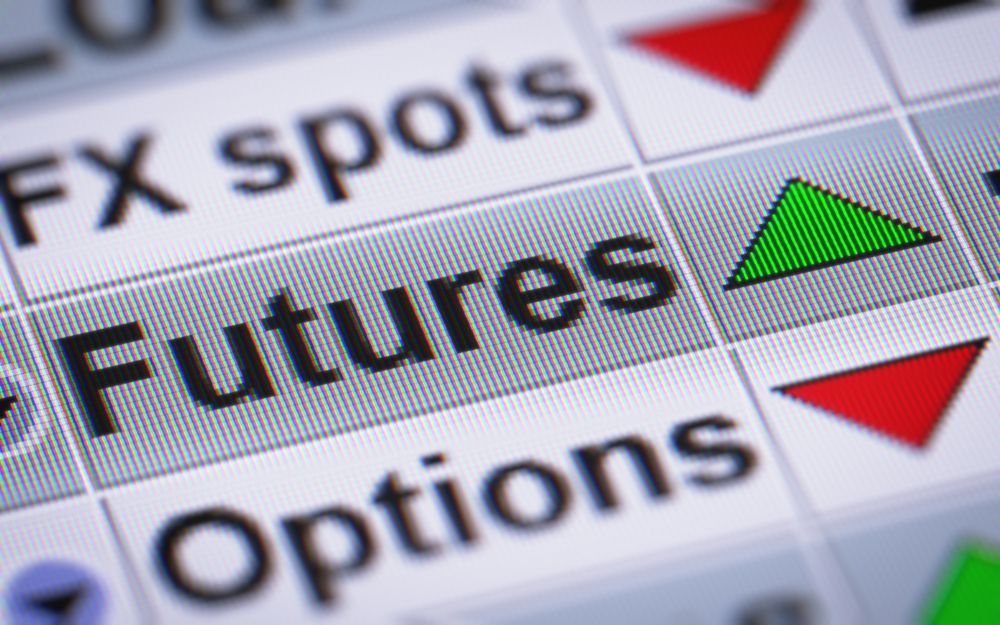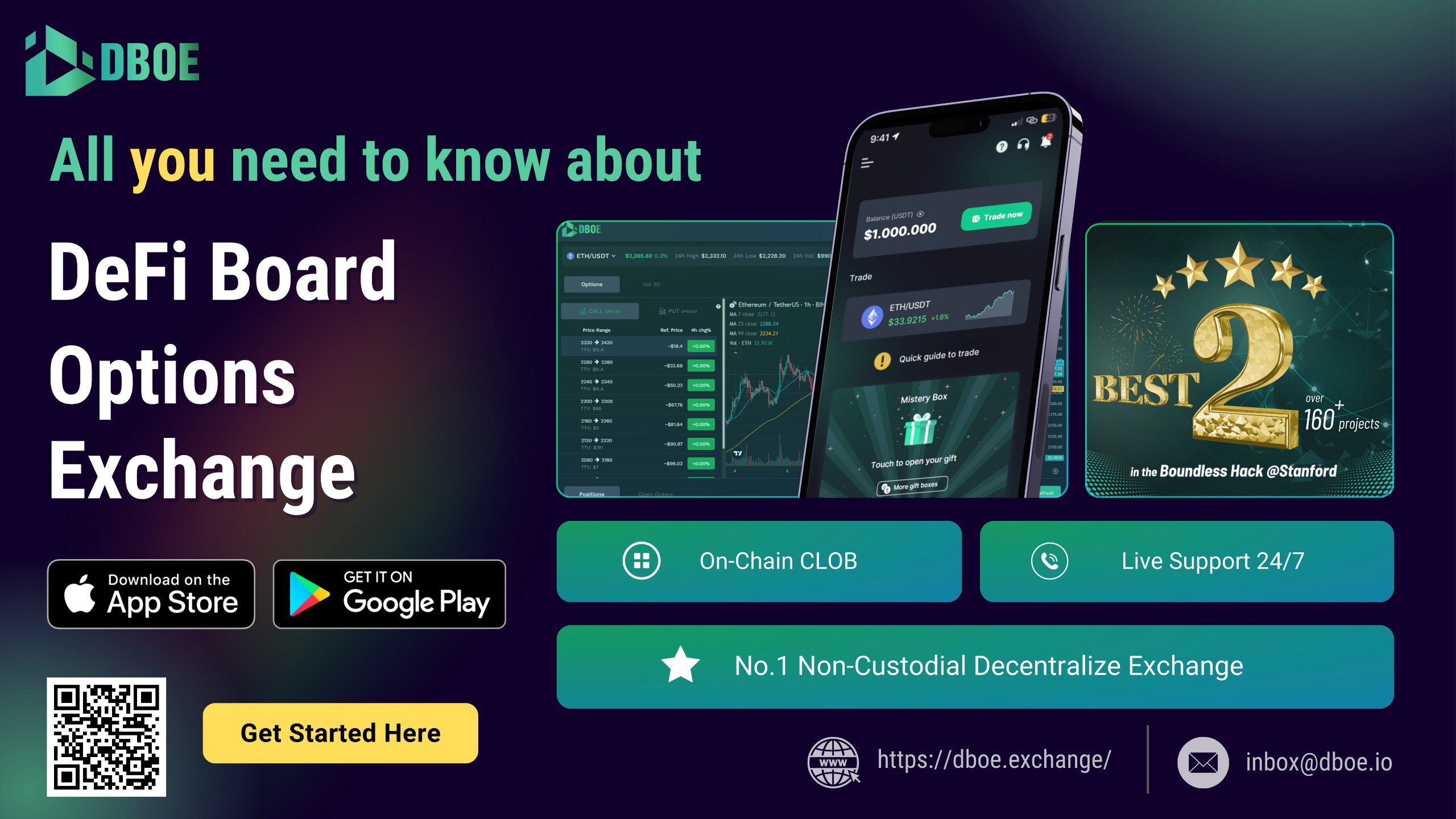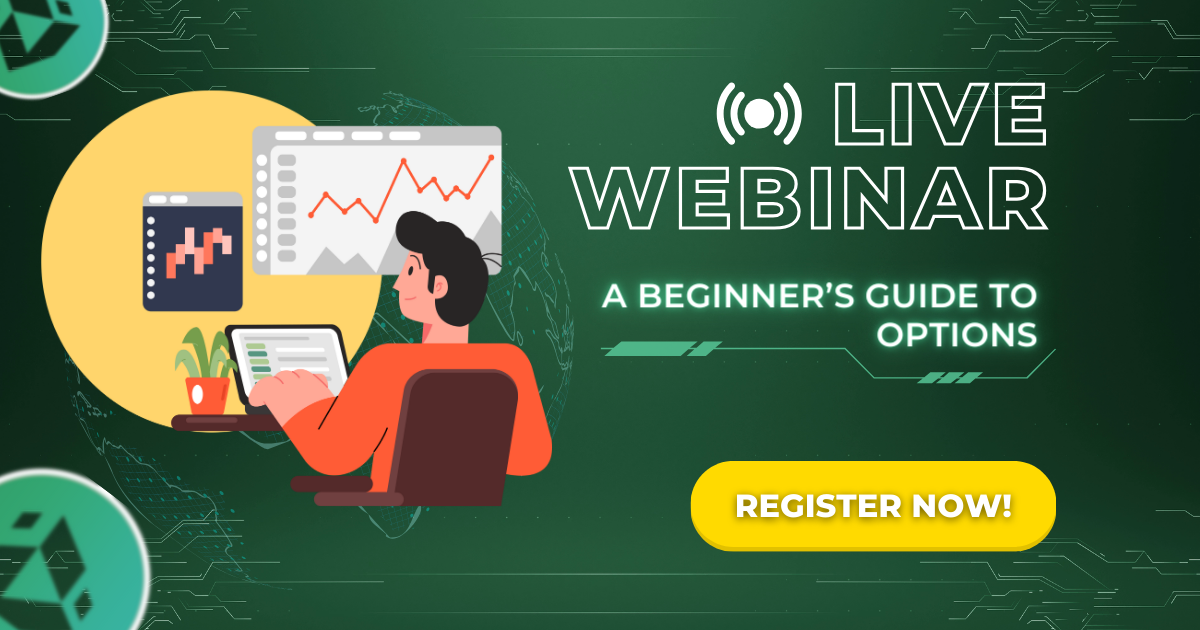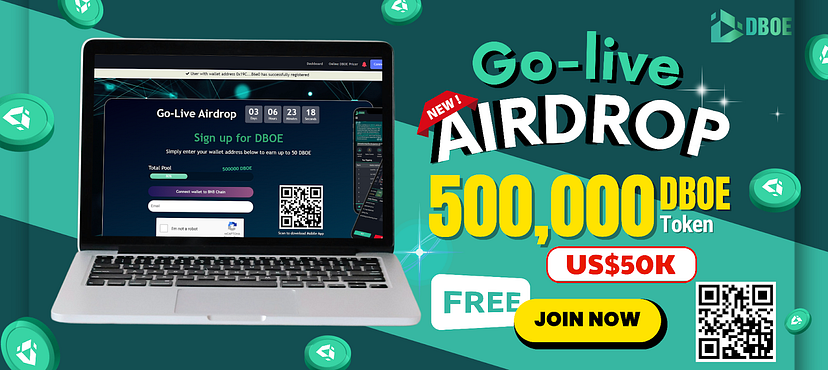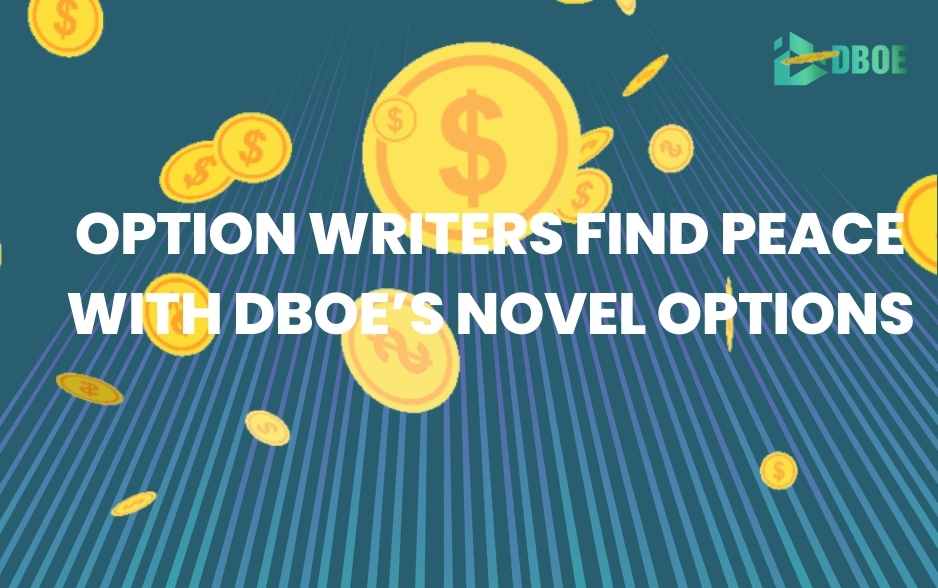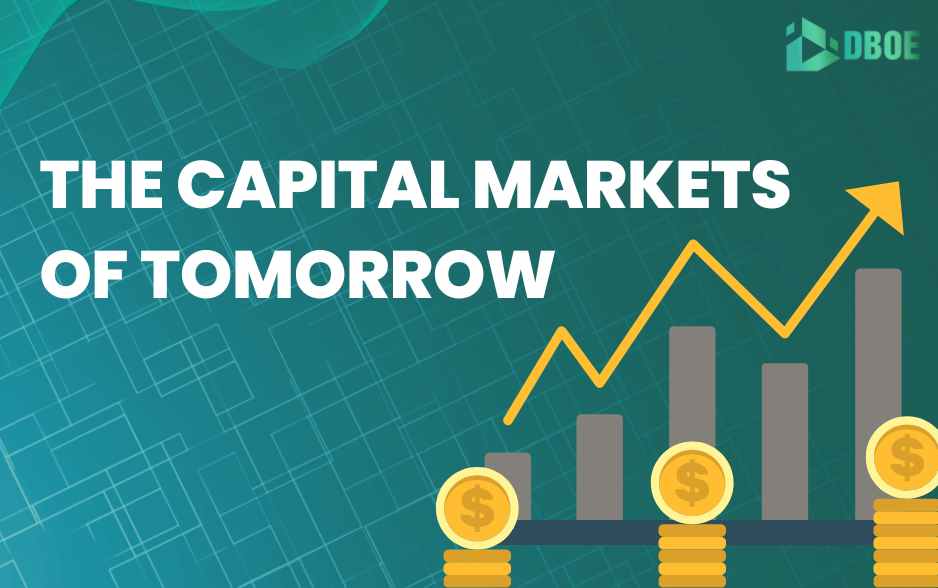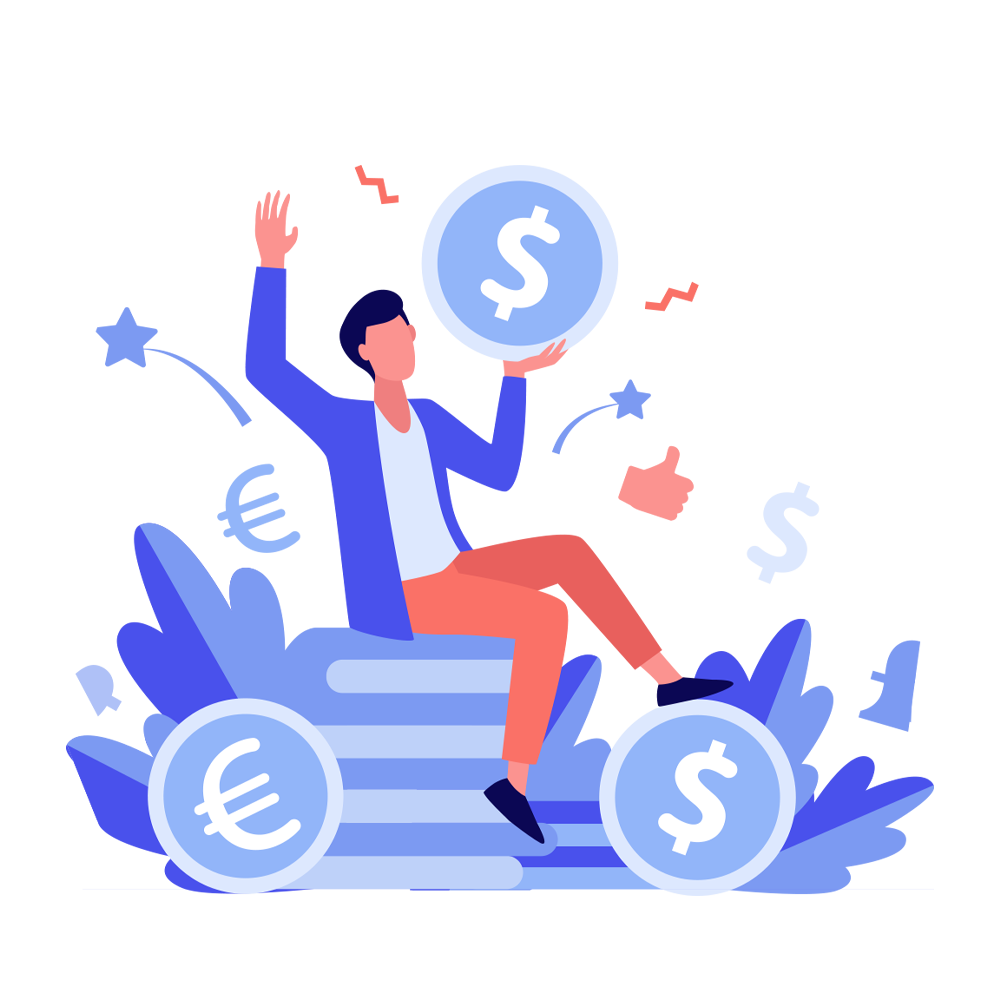DBOE Academy will go into the differences and clarify Spot, Futures, and Options in detail in this post.
Spot Market
The spot market is the initial and most basic market, with a simple transaction concept of using money to buy goods and selling goods for money.
Assume a stock or coin A is worth $100. You spend $100 to purchase one coin A. The value of coin A fluctuates, but you own it until you sell it. In the worst-case scenario of bankruptcy, coin A is devalued to zero. When coin A rises or falls by 10%, your PnL goes up or down accordingly.
However, because the spot market yields little profit, it stimulates new demand.
Investors try seeking bigger returns and are willing to take on more risk while spending less of their initial capital.
Thus, Futures Contract was developed to satisfy this desire.
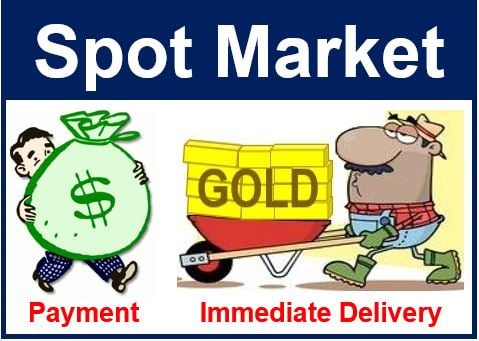
Futures (or Futures Contract)
Futures contracts are based on predictions of future exchange rate changes. To trade Futures, traders do not need to possess any underlying assets. All they have to do is put their money up as collateral for a loan, which will then be used as financial leverage.
For example, suppose an investor uses $100 as collateral for an x10 leverage. If coin A increases in value by 10%, his profit x10 equals 100% of his initial investment. However, if coin A falls 10%, he will lose x10 and may face the risk of losing all of his assets as a result of loan liquidation.
Futures clearly offers several advantages and significantly more liquidity than Spot transactions, due to the correct focus on psychological biases and demands of investors, such as low capital investment, betting mentality, and strong profit seeking.
However, Futures carry a significant risk in terms of consumers’ capacity to collect losses. When there is massive fluctuation and they don’t have time to reload their account, they can burn their account in a very short period of time.
As firms prefer to invest professionally and consistently, and as they seek greater risk management, new demands arise. Thus, Options was developed.
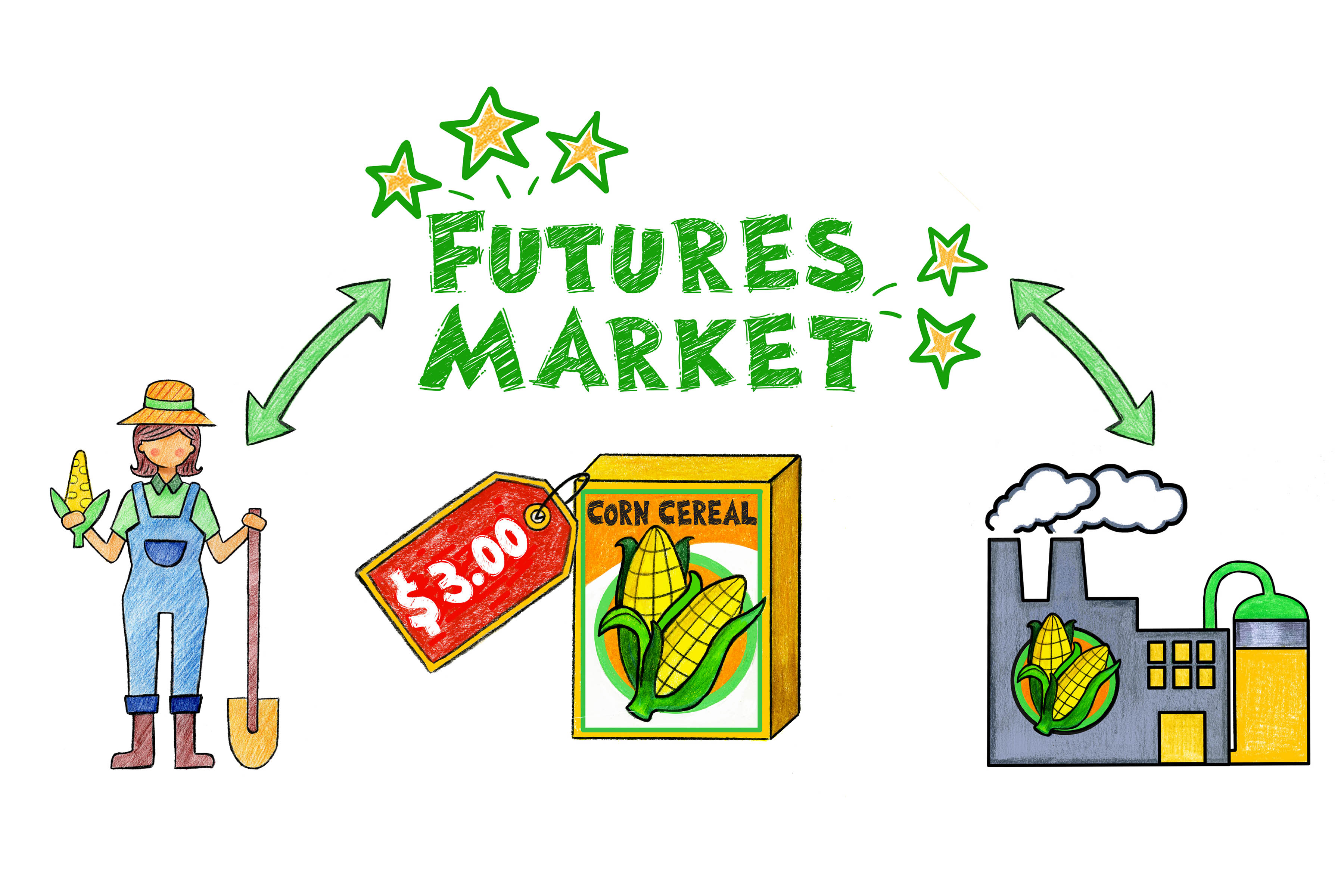
Options (or Options Contract)
With Options, instead of spending all of their money to purchase an asset like Spot, investors can deposit a charge known as Options Premium. This charge is determined by the time and amount of the price agreed to by the two parties in the future, and it is often in the range of 5-10% of the property value. (It is quite equivalent to an option x5 – x10 leverage in Futures).
The advantage of Options over Futures is that investors have more time till the maturity date rather than possibly having your account burned or liquidated as soon as their portfolios not robust enough. Options contracts can be resold or held until expiration date if the price climbs by 10%.

Distinguish Spot, Futures and Options
Let’s look at the table below to see how Spot, Futures, and Options differ.
Spot |
Futures |
Options |
|
| Character istics | High capital investment | High financial leverage, low capital investment | Low capital investment of buying options premium, usually around 5-15% volatility |
Assume the price coin A is $100 right now |
|||
| Cost of capital | 100% | 10% | 5% |
| Coin A increases 10% to $110 | PnL = $10, equal to 10% of the initial investment | PnL = $10, equal to 100% of the initial investment | PnL = 110-100-5= $5, equal to 100% of the initial investment |
| Coin A decreases 20% | PnL: -20% | PnL: -20 (Immediately liquidated at $90), you lost 100% of your initial investment | You can hold the options until expiration date. No matter how much the price reduces, you will only lose the $5 you paid initially. |
| Features | Influenced by Price | Influenced by Price | Influenced by Strike Price and Volatility. Premium can be calculated using Black Scholes formula. |
Thus, Options provide a marginally lower profit than Futures but a significantly bigger profit than Spot, yet they offer better risk management and are more secure for investors. Spot allows you to own the assets, whereas Futures enables you to own the prediction of exchange rate variations, and Options provides you with the rights as well as the duration.

